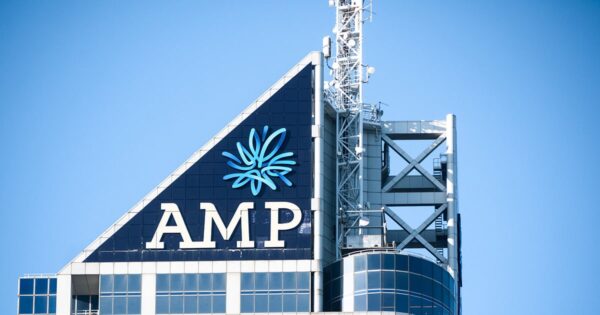Self-directed SMSFs in decline

The number of people establishing self-managed superannuation funds (SMSFs) on a self-directed basis has been declining, with more SMSF establishments being attributed to financial advice according to wholesale broker, AUSIEX.
AUSIEX says its data confirms that new SMSF account openings are being driven by advised clients while the number being driven by self-directed investors has been in declined.
AUSIEX national manager, Strategic Relationships, Chris Hill said some investors appeared to be re-evaluating the effort associated with self-administering an SMSF and this, in turn, creating opportunities for planners.
Generation X – those likely to inherit the bulk of the intergenerational wealth transfer – were chief among the advised investors opening new SMSF accounts in an indication of their growing financial clout.
Their share of new accounts rose by more than 14% year on year while the share of new Baby Boomer accounts rose by a far more modest 2.1%.
The share of new accounts opened by advisers for younger Millennials born between 1981 and 1996 rose 3.85% by comparison, though were significantly fewer in numerical terms.
In stark contrast, the number of new accounts created for self-directed SMSF investors across Generation X, Millennials and the Interwar generation all fell sharply year on year, raising the possibility some are now serviced by advisers or via other superannuation funds.
Overall trading volumes among SMSFs were subdued over the year as investors opted for quality and income generating assets, likely to counter market volatility.
This was particularly evident in self-directed SMSFs, though trading volumes for advised SMSFs actually increased their trading volume (number of trades) by 1.4% (with actual traded value up a robust 6%).
Advised SMSFs also showed a preference for a broader range of securities than self-directed peers, most notably for exchange traded funds (ETFs) as advisers appeared to diversify and minimise volatility from their portfolios.
“The complexity of managing a SMSF portfolio underscores not just the importance of professional counsel – but also the need for advisory practices to continually invest in technology that maximises operational and trading efficiencies,” Hill said.
“It’s clear the ‘DIY nest egg’ remains popular and that advisers who invest in technology will maintain a competitive advantage when serving this market segment.”












Can someone explain to me why anyone who is outsourcing the investment in their SMSF would actually hold one (other than direct property)? Is it so the adviser and accountant can make more money or so the client can beat their chest at a bbq?
Hey Curious Industry Super troll.
Yes direct property is a big reason.
Yes many clients had more interest in direct investing and may not now. Thus get advised more.
Yes many client have direct property in their SMSF but also want advice on other assets.
Yes many clients have multiple ABP with varying Tax Free components. these can be managed fair more easily in a SMSF rather than multiple different ABP ISA or Retail accounts.
Once over $1 mill or so the SMSF accounting costs are often cheaper than ISA or Retail Super.
Thanks for the feedback, I’m not an industry super troll as you suggest, I am a 25 year experienced wholistic adviser. The only one of your rationales that may actually hold water is the managing the tax free components, but even that is tenuous. I assume you are one of the advisers who mindlessly sets up SMSF for all and sundry?
Most people go see an unlicensed accountant once I quote them my fee for advice. My potential clients must make up the minority of cheap trustees.